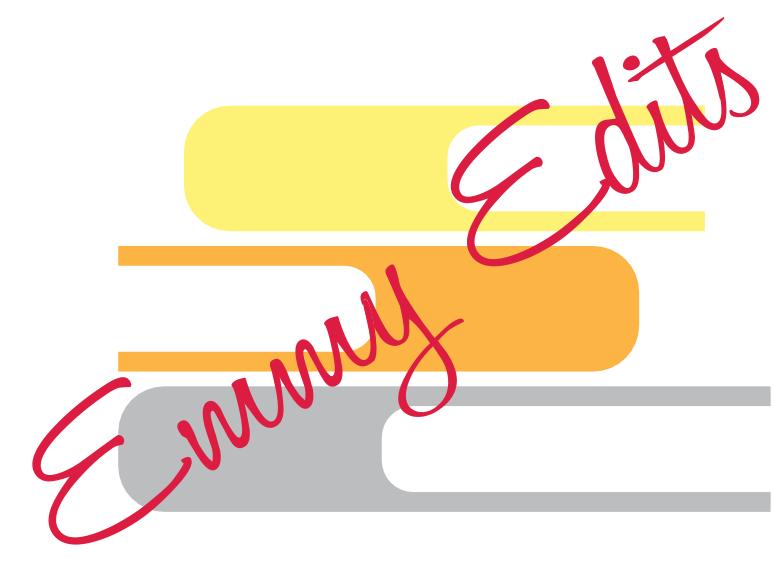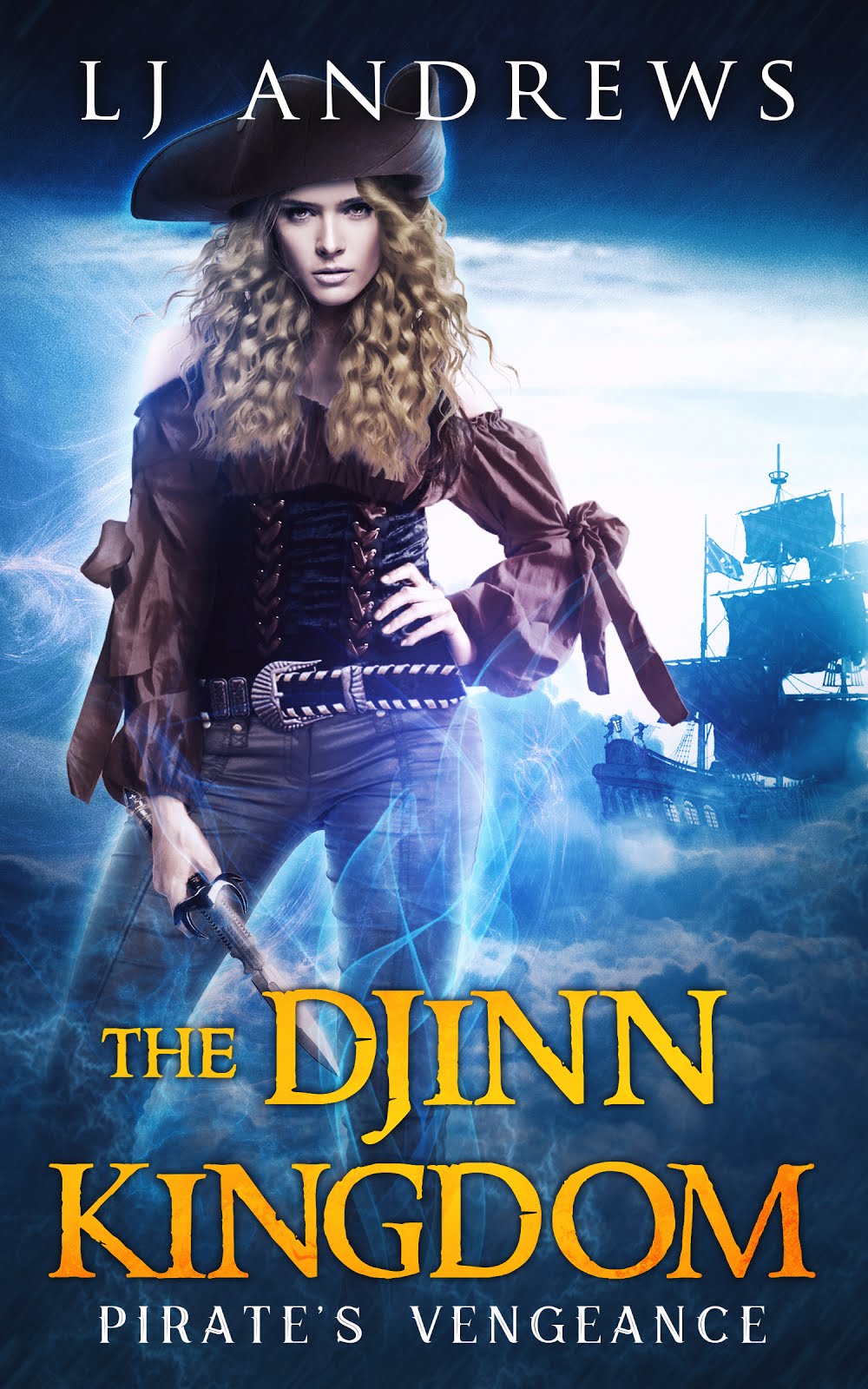The new year is upon us and it is really time to start thinking about resolutions. I want you to think about how New Year's makes you feel? Do you feel excited (I do)? Do you get stressed? Does it make you feel like a failure by the time February rolls around?
If you feel like the latter, please...make this new year the last year you feel like that. The new year is the perfect time to make new goals, and build upon the year before. So, to make it easy for you--not that I am a goal expert--but I've found a pretty easy solution to making realistic goals.
What do I mean by realistic? Well, I'm not going to set my goal to be a millionaire by December 2016. Is that to say it won't happen? No, in fact if it did I would welcome it. Being a millionaire is a long term goal for sure, but not a year goal. That is the key...what I just said.
Long term goals vs. short term goals vs. monthly goals vs. weekly goals vs. daily goals.
(Photo: visnetwork.com.au)
Phew. Sounds like a lot of work doesn't it? I guess it can be, but once you really break it down it doesn't seem so daunting.
So to set it up I write out what my long term goal is. My long term goal spans about a year to five years for now, I have even longer goals up until retirement age, but I don't want to get too complex. This is just an example and isn't to say these are my specific goals.
- Long Term Goal (one year) December 2016 {see that I give myself a time frame}
- Make $4,000 a month selling books (print or eBook) {now this goal is not a million dollars, and after research I've done, if I can publish the books I have planned it is a realistic goal}
- Short Term Goal (4 months) April 2016
- Publish my first trilogy + free short story for email subscribers
- Have 10,000 email list subscribers {If I market and keep up with my monthly, weekly and daily goals, getting 10,000 subscribers is attainable...not easy, but attainable a post on email subscribers coming soon}
- Host a giveaway
- Monthly Goals {What must be reached each month to reach short and long term goals}
- Write at least 20 quality blog posts
- Pay for 1-2 Social Media campaigns to gain subscribers
- Read a new book {Constant learning. As a writer, if you don't have time to read you don't have time to write.}
- Complete a service for someone else, family or stranger {I am a believer you must serve other to be successful. Greed may seem prosperous, but the important things in life will dissipate. Successful relationships are a priority for successful people}
- Research editors and cover designers {this isn't every months, because I hope to find editors and designers that I just keep working with}
- Website maintenance
- Weekly Goals {What must be done to reach monthly goals, etc}
- Write 5-10 Facebook page posts
- Budget a set weekly amount for social media campaigns
- Write at least 10,000 words
- Write 5 blog posts
- Give sneak peaks into chapters and upcoming writing
- Find 10 new likes or subscribers or friends a week
- Read a at least 80 pages of a different book
- Periscope and tweet at least once a week {follow me @emmyedits3}
- Daily Goals {what I must do everyday to reach long term goal}
- Personal development book or podcast for at least 10 minutes
- Spiritual meditation
- Exercise at least 20 minutes
- Write at least 2,000 words a day
- Post on Facebook or Goodreads
- Connect with other authors on Goodreads
- Read 5 pages a day of a different book
- Play with my children
If you notice, very few of my daily goals even remotely seem like they could help me make an extra $4,000 a month with my writing,, but for me if I am daily strengthening myself, focusing on my health, and spending time with the people I love most I have more energy, balance, and order to accomplish the other things like writing, marketing and selling.
I hope you don't feel overwhelmed. Take an hour, write out your long term goal then Break. It. Down.
You can't just write a goal with no road map on how to reach it. That is where people fail. I'll take weight loss for an example (since it is one of the biggest goals) people can say I want to lost 50 pounds, and then 2 weeks later they are the same weight or have gained weight. It's because they don't break it down. What are you going to give up each day, what are you going to do weekly, monthly etc. to reach that goal?
I wish you the best of luck planning your year. Set goals, you will always progress if you set something to strive for.
Happy Writing.




























